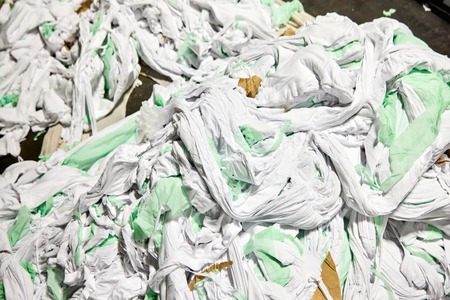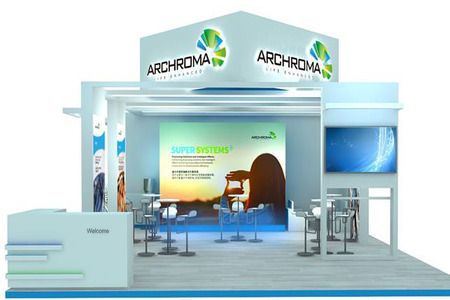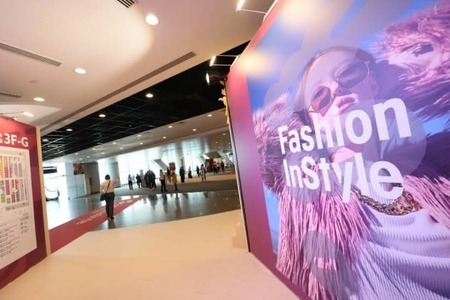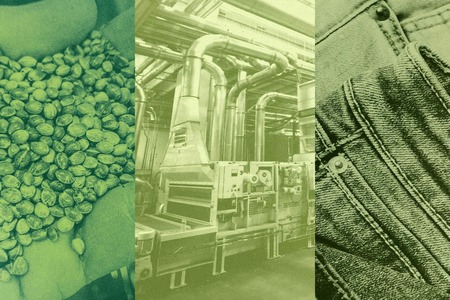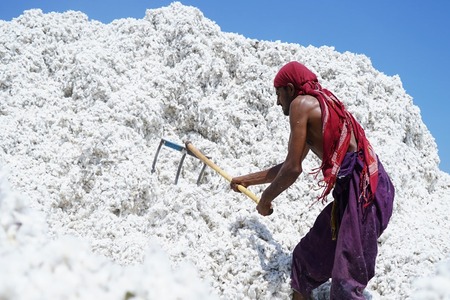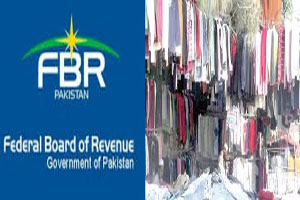
FBR assures textile sector 100pc examination of second hand clothing import
YarnsandFibers News Bureau 2017-11-27 15:30:00 – LahoreAt the recent meeting held among Special Assistant to Prime Minister on Revenue, Haroon Akhtar Khan, FBR and textile sector at Lahore. FBR team tried to resolve all issues raised by the industry on the spot. FBR to curb mis-declaration and all rolled-back sales tax refund payment orders (RPOs) in April 2017 have been re-issued to accommodate maximum refund claimants. FBR assured textile sector 100 percent examination of second-hand clothing imports.
Authorities also agreed to grant customs duty exemption on the import of heavy generators through issuance of an SRO in coming days. FBR team also assured the industry to examine the issue of refund on packing material used in export goods.
Industry highly appreciated role of FBR team particularly Haroon Akhtar for addressing all issues of the textile sector and re-issuance of all rolled-back sales tax refund payment orders (RPOs) of April 2017.
During meeting, FBR Member Customs Zahid Khokar assured that coal etc would be given consideration favourably for duty free import for exporters in spite of not being constituent part of exportable goods.
Expert said that in an unprecedented move in spite of weekly holiday the Special Assistant to Prime Minister on Revenue, Haroon Akhtar Khan along with top hierarchy of FBR and field formations held a daylong meeting with APTMA office holders and key exporters at APTMA House Lahore on implementation issues of tax incentives to the exporters to address their liquidity crunch to boost exports.
Tax authorities verified from the participants whether Refund Payment Orders (RPO) of all those cases have been issued which were rolled back in April 2017. Regarding complaints of un-explained deductions from RPOs, tax authorities have decided to examine the issue in the light of observations made by some units.
Sources said that Haroon Akhtar observed that refunds are right of the exporters and issuance of RPOs is not a favour to them and FBR is considering the clearance of backlog of refund in one go as a part of textile package, sources said.
Earlier APTMA office bearers and present members highlighted their issues and Haroon Akhtar Khan and his team patiently heard and addressed each issue to facilitate the industry.
Chairman APTMA claimed with facts and figures that Pakistan's export can be doubled by 2020 provided identical support is given to textile export sector. He explained that energy cost is more than 30% of the conversion cost in spinning, weaving and processing industries whereas industrial gas tariff is 100% higher than the regional competitors whereas electricity tariff is 50% higher.
He observed that due to high cost of production coupled with non-implementation of tax incentives both viability and liquidity has taken its tool and closure is such an alarming that membership of APTMA has declined from 445 to 345 units.
According to Group leader Goher Ijaz, prohibition of refund on packing material is becoming a confiscatory measure as in export of garments the packing material use and substantial cost is a necessary ingredient of export business. The under miss-declaration of second hand clothing; garments are being imported to the detrimental of local garment industry.
During meeting, Chairman APTMA, Amir Fayyaz pointed out that textile & clothing exports of Pakistan which were at 13.8 $ billion in 2010-11 has declined by 10% to 12.5 $ billion in 2016-17, mainly due to high energy cost and non-implementation in letter and spirit to tax incentives to the exporters. During same period, textile exports of Sri Lanka has increased by 20%, India by 31%, Bangladesh by 63% and Vietnam by 107% solely due to supportive policies of the respective governments.
Market Intelligence
Ask for free sample Report

experience
Customer Base
dedicated team
Countries Served Worldwide



